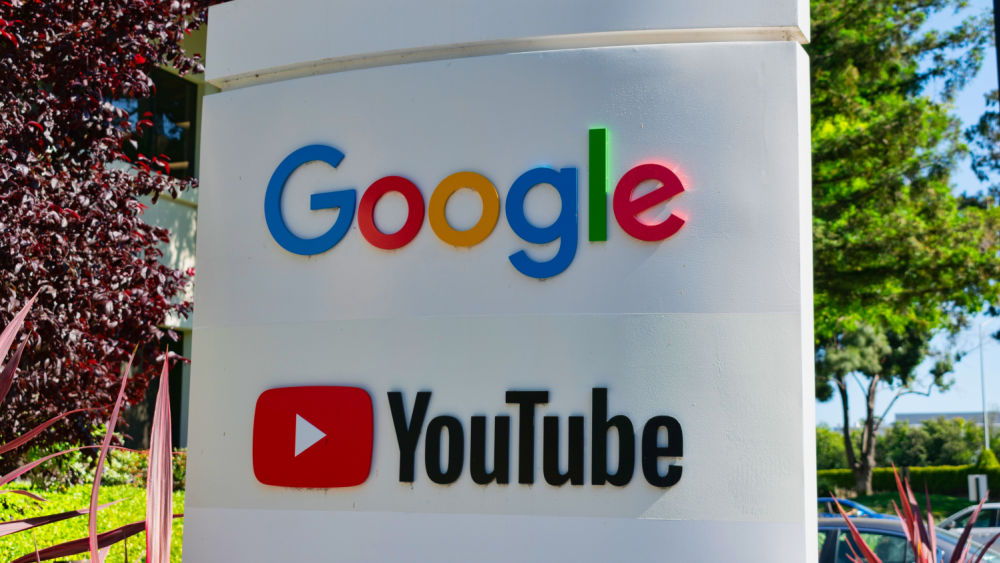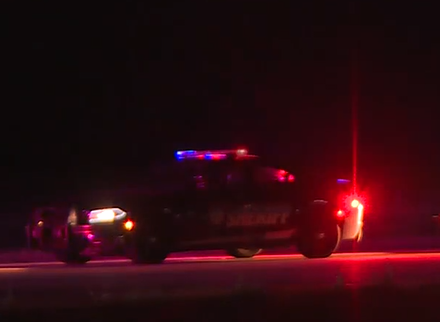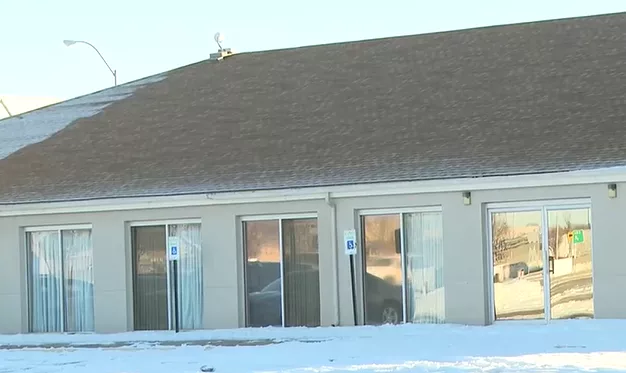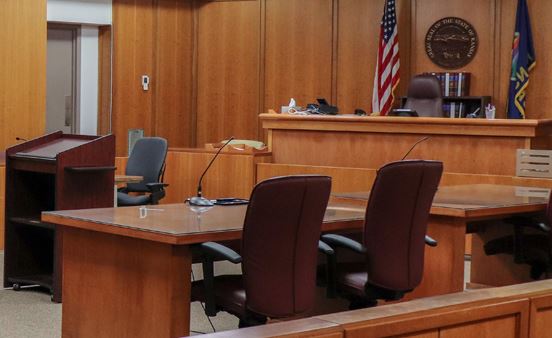On Tuesday, the Supreme Court heard oral arguments in the first of two cases that could decide whether social media companies can be held liable for promoting incendiary content which have been allowed to widely circulate on the platforms, including terrorist activities. These rulings could overturn Section 230 of the 1996 Communications Decency Act, and throw out longstanding federal protections that keep big tech companies from being sued over content published by independent users. The court could fundamentally determine whether the federal statute can still apply if algorithms used by the tech companies are targeting specific users with questionable content, while also spreading terrorist influence to their massive digital audiences.
The case of Gonzalez vs. Google arose out of a lawsuit filed by the family of 23-year-old Nohemi Gonzalez, an American student who was among 130 people killed in a 2015 Islamic State attack in Paris. Filed under the Antiterrorism Act, the lawsuit accuses Google – YouTube’s owner — of allowing barbaric videos to be posted to the platform, which then go viral as algorithms recommend the content to random users. The 9th Circuit Court of Appeals previously upheld Section 230, saying the statute protects big tech in cases where it has recommended inflammatory content — so long as the algorithm was being used in the same way for all other content. However, the lower court acknowledged that Section 230 “shelters more activity than Congress envisioned it would” and suggested that U.S. lawmakers move to clarify the scope of the law. The Gonzalez family appealed to the U.S. Supreme Court upon that decision, which agreed to hear the liability case last year. Gonzalez is the first case that the Supreme Court has heard on this topic
In the second case, victims in Twitter vs. Taamneh, which the high court has agreed to take up on Wednesday, could determine whether Twitter, Facebook and Google can be held liable for aiding and abetting international terror groups who have turned to using the platforms. The Twitter case stems from a federal lawsuit filed by the Taamneh family — relatives of Nawras Alassaf, a Jordanian national who was among 39 killed in a 2017 terrorist attack in Istanbul.
Editorial credit: Michael Vi / Shutterstock.com








